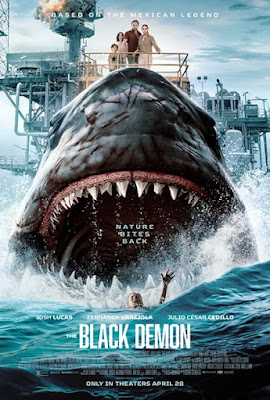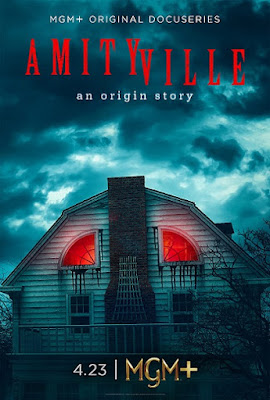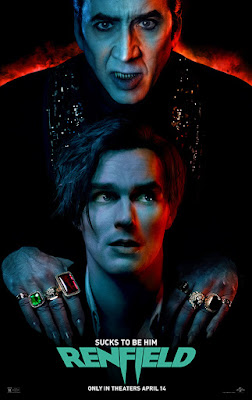These Eastenders lived gritty working-class lives not unlike those of the long-running British soap opera, but their story is much more noir. Ealing Studios put themselves on the map with this slice-of-life story that explored the aspirations and regrets of a wide circle of characters, tangentially related to an escaped prison inmate currently at-large. Post-war life is hard, even for the criminals in Robert Hamer’s It Always Rains on Sunday, which screens as part of MoMA’s Rialto at 25 film series.
Tommy Swann once swept Rose Sandigate off her feet, but went he was sentenced to prison, she settled down with her current husband George Sandigate—with the emphasis on “settle.” Her relationship with her step-daughters is strained, to put it mildly. To the annoyance of Vi and Doris Sandigate, their good-natured father largely defers to his second wife. He knows she used to run with a fast crowd, but news of Swann’s escape means nothing to him.
Inevitably, Swann will approach his old flame for help, which she cannot deny him. Initially, she hides him in their old air raid shelter, as she waits for the rest of the family to leave for their Sunday recreation. Meanwhile, the police launch a citywide dragnet, while also searching for a gang of three burglars, who are desperately trying to fence the shipment of roller-skates they mistakenly boosted.
In some ways, Sunday is Robert Altman-esque film, introducing viewers to a large cast of characters, revealing the unexpected ways they are interconnected. Yet, it also has some gorgeously moody noir sequences (shot by legendary cinematographer Douglas Slocombe) that would not look out of place in classic Carol Reed film noirs, like Odd Man Out or The Third Man.
Indeed, the last thirty minutes are as good as noir gets. Hamer definitely down-shifts into the third act, but the way the everyday desperations of the first hour builds into the life-and-death conflict of the finale makes perfect emotional and dramatic sense.


























